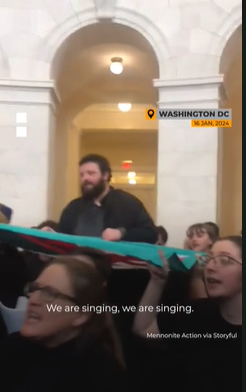 When I got back to my congregation after the arrest, someone asked me an interesting question that has stuck with me - “Do your non-Mennonite friends know how much of a radical you are?” This may come as a surprise to many people, but being an activist and a radical isn’t a core part of my identity. I blame that on being an Anabaptist, but also this protest being a natural response to how my life has flowed out. My antiracism journey though began with the Palestinian and Jewish communities in Denver, Colorado. The way they interacted with one another shifted how I understood what was going on in the Middle East. None of the stereotypes lined up. I heard from both Jewish and Palestinian communities, in depth, about their experiences of the States and how it’s affected them. I don't have an exact solution to the Middle East's problems (because it's not up to me as a white American guy how things are solved, and it shouldn't be), but I know all the ways I have been inherently complicit as a western Christian and all the baggage that comes with that. I know that colonialism is a western Christian problem, and it needs to be addressed. After my delegation to northern Iraq/Iraqi Kurdistan with Community Peacemaker Teams in 2017, Middle Eastern issues have been close to my heart for the past six years. Also, for the past six years, I have actively pushed for dialogue within the wider Christian church to openly repent of the colonialism and theology that helped lead to situations like Gaza. American Christian theology has been complicit in colonizing entire groups of people. I realize that for all those years, I have been sharing these issues that were close to my heart to social justice-minded western Christians. If they weren’t associated already with Anabaptists and Quakers, they usually fell silent or didn’t know how to react. Many times I’ve made conversations uncomfortable by shifting the antiracism conversations to anti-Arabism and Islamophobia. Most of the time, it was brushed under the rug - so the underwhelming response from the majority of the American church when Gaza broke out wasn’t a shock to me. What it really came down to, though, was a quote from a Claire Keegan novella named Small Things Like These. I read my Bible and fiction every day, and when Gaza broke out I started reading Claire Keegan’s work. The synopsis of Small Things Like These reads: "It is 1985 in a small Irish town. During the weeks leading up to Christmas, Bill Furlong, a coal merchant and family man, faces into his busiest season. Early one morning, while delivering an order to the local convent, Bill makes a discovery which forces him to confront both his past and the complicit silences of a town controlled by the church." I can’t give too much away because it is a powerful story that needs to be experienced, but the whole premise of the story rests on the main character’s wrestling with what the right thing is when the church is doing wrong. It’s an hour-long read, or you can wait for the movie that will come out this year. Bill is at a Christmas party as he is thinking about what to do in response to corruption. The quote reads, “As they carried along and met more people Furlong did and did not know, he found himself asking was there any point in being alive without helping one another? Was it possible to carry on along through all the years, the decades, through an entire life, without once being brave enough to go against what was there and yet call yourself a Christian, and face yourself in the mirror?” I reflected on this quote while watching the news and participating in the actions I could. One evangelical pastor finally confided in me one day that they were scared to touch anything to do with the Middle East because it could affect their reputation and career possibilities. I couldn’t help but think of Palestinians and other Middle Eastern folks who couldn’t get access to jobs because of their nationality and religion. I realized, for the most part, if I want to see a change in how the church is responding, then I need to be that change. My hope and prayer was that my witness would push them just a little bit more towards justice and speaking out - just a little bit more towards renouncing evil. So, I went and sang hymns in the rotunda, expecting negative flak. I knew there would be some friendships potentially ruptured, some publishing opportunities in the fiction world turned down. But I really didn’t care about that as much because I’m already out in support for Palestine. As someone on the board of Community Peacemaker Teams, I’m tied directly to the team on the ground in the West Bank and the stress/horrors they’re facing. Getting arrested to me felt like the least I could do. And the CPT Palestine team watched me get arrested, and they were inspired more in their work. As I was getting arrested, I could tell it was a new officer - so I was laughing a bit as he fumbling the search. The other cops were confused looking at me, so it felt more comedic at times. We continued singing hymns as they rounded us up one by one, and then put us into police vans. They struggled to put me in because of my height, which was also pretty funny. The entire time during the action and while I was being processed, I felt a very serene sense of calm. I knew I had done what was right, and that I could face myself in the mirror after this. My conscience was clear. The biggest reason I believe we got so much coverage is because Marjorie Green Taylor tweeted a video of us and called us Hamas Insurrectionists. It reminded me of Paul’s words about those who preach the Gospel ironically. We had 350k views on Twitter alone because of her tweet. And in the video, it clearly says things like, “Release all the hostages,” and “Send food not bombs,” on our quilts. So, clearly, we weren’t terrorists. Soon we got on Tiktok and found videos close to a million views, then we were covered by the Washington Post, Fox News (both local and national), Yahoo News UK, Middle East Monitor, and Al Jazeera. There are still more stories rolling out. There’s even a folk song now that you can find on the website, which is also a surreal, bizarre experience for me to see my face in a folky tune. About twelve pastors have reached out to me after this and asked me how they can get involved. These were pastors who were terrified of doing and saying the right thing beforehand, and they’re risking their careers by finding ways to speak out. The feedback that’s been given directly to me has been overwhelmingly positive. My sister, who is more conservative, was shocked a bit because she didn’t know you could get arrested for singing hymns and sitting in the Rotunda. But even if those pastors don’t end up doing anything, the very fact that I helped Palestinians feel hope in their context even for just a day or two made it worthwhile. And if participating in this influences more Christian groups to speak out and start their own demonstrations, then that will be a beautiful thing. So I go back to that congregant's question he asked me a while back. I wouldn’t still say I’m a radical or an activist, even after getting arrested on national TV and hanging around mostly activist folks. But I would call myself a Christian, and I think that’s what I’m always going to rest in to. The right thing is always the right thing, no matter what label you give it.
0 Comments
Hey friends!
Life is busy, but I did a neato interview with Lisa Kastner of Running Wild Press for her 20 Questions series. Click here to watch! Hope all is well, Scooby Gang. Pic: a river near the rural village of Keshkowa in Iraq Kurdistan (taken in September 2017.)
Running Wild Press, the publishing house that picked up Memories of Green Rivers, has been in the news a lot lately - mainly for breaking boundaries in the literary industry. They're a women-led publishing house focused on stories that don't fit neatly inside the box. According to an article in LA Wire, the press: "...have received numerous accolades, including 'best of the year' by Kirkus Reviews, multiple starred reviews, and even featuring in gift bags for Grammy Award nominees. Kastner herself has been named to multiple “best of” lists and featured in Forbes and other publications. But what sets Running Wild, LLC apart is their dedication to discovering and elevating lesser-known authors who are doing great work but may not have been considered by major publishing houses. Kastner and her team take those amazing stories and help the authors elevate them, so readers get the absolute best groundbreaking stories." I thought I had imposter syndrome at the start of the year, but now it's working overtime! Whenever I'm asked about the novella, Memories of Green Rivers definitely does not fit neatly into a box. It's about traumatized people finding reasons to live after losing everything, and yet it's oddly an optimistic story about discovering mercy. I went on a few dates with a writer/comedian a year and a half ago. She was awesome and hilarious. She's published in McSweeney's, something I'll forever be jealous of her about. I'm funny, but not classy funny. I'm Marc Maron-angsty funny, I think. I was in the middle of writing this, and I was trying to sum up the story. She read it, smiled, and said: "It's about finding out none of us are our worst moments." I think a lot about that sentence. This novella was written against the backdrop of major life changes for me, and times of heavy self-reflection. I think about all the ways I've grown since COVID, and I've come to see clearly that this piece was mainly about piecing together my own self in light of these changes. A lot of writers talk about how they accidentally write themselves into their work, and the way I accidentally wrote myself into this piece was this: I had to rediscover mercy and self-forgiveness in my own life. I lost a lot during 2020, as I recently mentioned in a podcast interview. I was overly hard on myself in a lot of ways. But through writing out the main character's journey, it was piece of my own self rediscovering mercy. I wept several times writing it over the past two years, being deeply touched by the power of the message the story held. I view that definitely as God's hand at work in putting it together. To me, that is the central spiritual message to the piece. And I hope readers who encounter the piece will walk away feeling the same thing: None of us are our worst moments, and we can find the courage to pick ourselves up and try again. I'm excited for the journey ahead, and what impact it may have on folks. I think this odd out-of-the-box story will touch people. (It will be published in January 2025, so I'll be talking a bit about it over the next few months.) 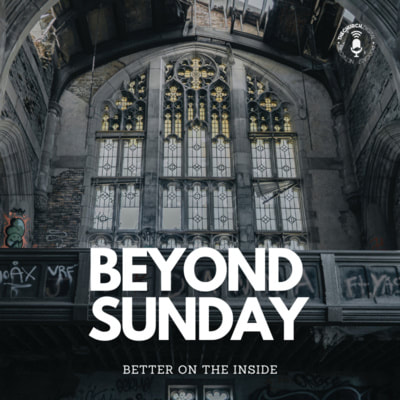 Jon Pyle asked me to share on his podcast about my spiritual journey with writing, the events in 2020 that pushed me to do it, and I theologize a bit about redemption and repentance. Find it wherever you listen to podcasts! Or you can click here. Hey folks,
Been busy with tthe ol' doctorate - but I'm popping in to say that my horror story, "Burn", will be published in a forthcoming issue of Dark Horses - specifically April 2024. It's about a firefighter wrestling with a ghost from his past. Spooky stuff. Check it out, again, if horror's your thing. Stoked to see it in print. Stoked to see you read it. Yes, you. - Nathan Hey, folks.
I got unbelievably good news today. My novella, "Memories of Green Rivers", has been selected for publication by Running Wild Press. It's about a refugee worker in Chicago struggling to rebuild his life, and make sense of God, after a brutal divorce and war trauma. It's a slow-burn pace because I wanted it to be realistic, but it's always had a special place in my heart. It's one of my more personal pieces, and mainly it's about learning to find the courage to love, be loved, and to start again. I wrote the very first draft two years ago. I asked myself what would it mean to start over. It was March of 2021, and the snow was falling outside my hotel room. It was during St. Patrick's Day week. I was still in Wisconsin after COVID and everything seemingly crashing down on me. The river was dyed green earlier that week, and I remembered the last time I saw anything like green rivers was in northern Iraq. I then imagined someone who went through much more trauma than me starting over in Chicago, and the novella started writing itself. Oddly enough, the main character's profession - refugee worker in Chicago sponsored by Anabaptists - wasn't too far off from what I would eventually be doing. It ended up being a sequel piece of sorts to my first published story, "The Best of Weed and Whiskey," but they're both standalone pieces. After writing it, it felt like I sat through an encouraging sermon - and I knew I had something very special on my hands. It ended up being rejected thirty-five times over two years. I knew it would be a hard sell. It's both a piece about wrestling with Christian spirituality and a piece that takes an unflinching, honest look at the effects of unhealed trauma. It has profanity, horrific flashbacks, and it gets incredibly depressing when the main character, Eric, is acting out of numbness - whether it's through one night stands or self-hatred. But I knew it was a story worth telling, so I stuck with it. Redemption isn't found in sanitized fantasies - but in the actual mess and dirt of life. I finally found a press that got what I was about, and the rest is history. I'm beyond excited to finally see it come to fruition, and for others to read it as well. 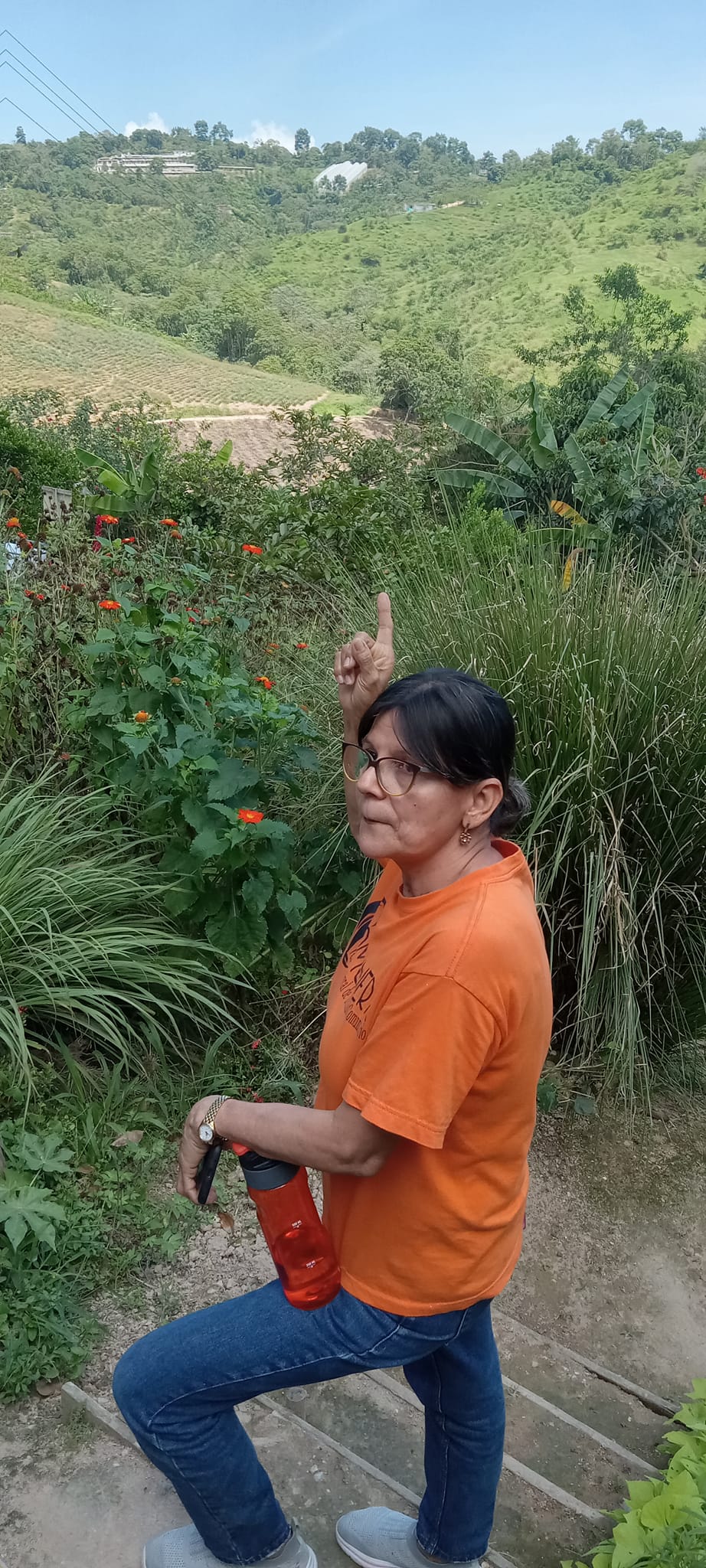 Pic: a guide taking the team around showing them the community development projects that sustain women survivors of the civil war. This is the first of several posts about my delegation to Colombia with Community Peacemaker Teams that will be sporadically written over the next few months. This is a blog mainly for my writing, but this is a part of my life that I'm passionate about - and it's where much of my theological and political themes in my writing comes from. I don't believe in building platforms off of other people's oppression and trauma, as that is unfortunately common - especially in faith-based spaces. To me, that's just gross and it's one of many reasons I don't immediately tell people about this side of my life until they get to know me better. Most folks have a hard enough time wrapping their heads around the pastor-scholar-fiction writer schtick that's also normal in my life. However, I do believe in amplifying the voices of those who are not intentionally being heard. These stories provided will be focused on the struggles of the Colombians in their journey towards freedom, with some highlights provided by my experiences there. With all that being said, my trip began rough. Spirit airlines decided to live up to their reputation and delayed my flight by two hours, making me miss a connecting flight to Barranca. That was no big deal ultimately because I could just hop on an overnight bus from Bogota. That's one would think, at least. When I got to the bus station, I asked a security guard to order tickets from me in Spanish. After a brief exchange with a teller, he communicated with Pierre, a CPT worker, about the situation - shaking his head. I knew immediately it wasn't exactly the best news I was about to hear. "They don't have any bus tickets to Barranca," said Pierre. "You're kidding," I replied. "Protests have blocked down the road - they don't want to risk it. Paramilitaries are involved. Oh my, oh my..." "Well. What do we do?" "Just a hang out for a while. Someone will be there to meet you." "Okey doke, I guess." I was eventually able to find a bus ticket there from the Bogota airport thanks to another CPTer. That was the first of three separate incidents where paramilitary groups blocked cities or communities off during the delegation. The other two incidents were successful in keeping CPT out due to our partners in the region telling us it was too risky to visit with paramilitaries present. In the past, human rights workers were usually respected and not harassed. However, due to the ongoing fights in the Antioquia region with their gold mining operations, human rights workers have become targeted. Delegations and human rights organizations used to be considered safe enough to visit communities without many issues - now, it is much more practical to harass and target organizations like ours. I was in Colombia in 2018 with CPT beforehand, so I was familiar enough with the feel of the region to know that things had been escalating. The last time I was there, a peace agreement had just been reached and a reparations agreement was being enacted to victims of the civil war. Due to the election of a far-right government, the peace agreements were tossed aside - making many of the paramilitary groups, such as FARC and ELN, take up arms again. Community Peacemaker Teams, a Christian-rooted interfaith human rights organization, has had a presence in Colombia since 2002. The organization places teams in conflict zones and areas of high oppression to do accompaniment work and to amplify voices of those who are marginalized. We have presences currently in six countries - Greece, Iraqi Kurdistan, Palestine, Canada, the US, and the Borderlands. We also have served, in the past, in eastern Africa and Haiti. It’s a 35 year old organization that was nominated for a Nobel Peace Prize in 2017 by our sibling organization, American Friends Service Committee. My role is on the steering committee as a Friends United Meeting representative, although I have previously been on delegations to Iraqi Kurdistan and Colombia. This was a specialized delegation for steering committee members. Delegations are short-term trips for people to come and learn from the work CPT is doing on the ground, as well as finding out about the results of colonialism and oppression. These delegations help amplify voices of the communities experiencing censorship and violence. The main work CPT does in Colombia is accompaniment of marginalized communities and reporting human rights abuses. One main organization they accompany, OFP (Popular Women's Front in English), is a feminist organization rooted in Catholic liberation theology. They organized in response to seeing how women were marginalized and demeaned during the Civil War. They found that women had no source of income and struggled with trauma from armed conflict and human trafficking. OFP advocates on behalf of women survivors, and teaches them self-sustainability through community development projects. Because of this very visible presence, they are a target of paramilitary groups. Regular death threats have been sent to the leaders and, as a result, organizations like CPT accompany them in public. Many have already survived assassination attempts. Assassination to silence political opponents and activists is a common tactic. It's a way of trying to establish control, and it's often done intentionally to send a message to the wider community about the cost of standing up to the paramilitaries (or any other oppressor.) Murders and assassinations are thus a normal occurrence. When I was at the team house, there was a hitman arrested on the street next door. He wasn't after us. He was on the run from the police, and he just so happened to pass us by. The night before that, there was a murder about seven minutes from the house. We assumed that was connected. However, OFP provides a powerful testimony of what happens when women, using theology and their understanding of a radical Gospel, unite against oppression. More stories will be shared about them in the coming weeks and months, as well as the political backdrop of the situations described - and how the USA's war on drugs led to further problems in the region. 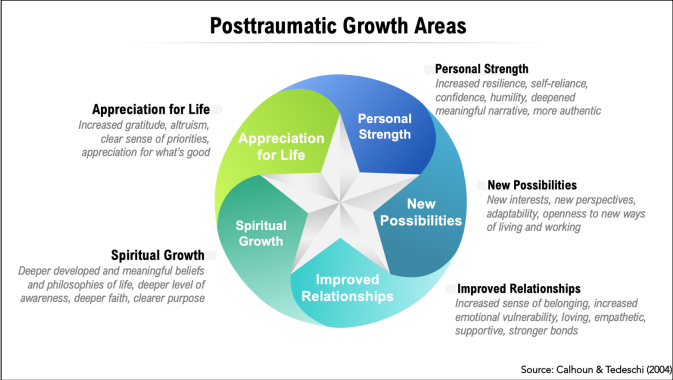 I talked about some time back about doing a blog series about the research I'm doing for my doctorate. I've been incredibly busy these past few months with it, but I'll try to sum up what I'm doing in a few posts or so - until the actual thesis is done, I won't share as much. So, flash back to January 2021. I was recovering from the worst of 2020's COVID waves. During COVID, I was a pastor in a tiny community of 35 people, I managed a nonprofit, was an on-call hospital chaplain, and I was a doctoral student. To say I was exhausted and processing trauma would be an understatement. I was sitting alone in my office listening to Bob Dylan's Blood on the Tracks, and I remembered how Bob Dylan wrote the album as a way to process a divorce. It made me reflect on how much creativity used to help me process life. So, I called a writing coach and started writing again. Over the next few months, I found myself loving life again. While most of my (broadly speaking) ministry peers were dropping out of pastoral ministry with the Great Resignation, I was finding personal success and growth. I knew there was something odd about this picture. I wasn't any better, or worse, than my peers, but I was finding stability and health in my life. Universally speaking, clergy, health workers, and nonprofit folks, experienced massive trauma trying to care for people in crisis. For all that I experienced, I should've been part of the Great Resignation that I saw in my friends and family. I realized a year later that the factor that helped me grow was creative writing - that the only reason I was still a pastor, with the grace of God, was because I dropped my guard and started writing fiction. Over two hundred studies confirm that there is a link between healing trauma and writing. One study showed that 35% of participants who qualified for a DSM-V diagnosis of clinical depression before the writing study no longer fit the criteria after they processed their feelings and memories. (source) In twelve step groups, a major step to healing involves writing down every wrong or bad thing they've done - as well as the harm done to them. Twelve step folks then have to share those traumas with a sponsor and group, revealing their deepest wounds and fears. There is something healing about writing down our deepest wounds and fears, confronting them, and then releasing them through writing. There is actually a whole measuring tool behind this called the Posttraumatic Growth Scale. Researchers found, paradoxically, that people who experienced, and processed, trauma can develop deeper appreciation of life than those who haven't been traumatized. In the Journal of Traumatic Stress, R.G. Tedeschi and L.G. Calhoun developed a scale to measure this phenomenon (which can be found here.) Among the qualities of experiencing post-traumatic growth are improved relationships, higher sense of spirituality, connection, and greater appreciation for life than before the trauma. This then brings me to my doctorate, which will be in Christian Community Development. Under-resourced communities tend to have limited access to mental health resources. Depending on the community's culture, therapy may be viewed with suspicion as well. For churches and nonprofits starting off in these communities, there are very little resources to draw from. Poverty is traumatic, as well as systemic racism issues that are common in these communities. While the thesis is working primarily with college students at first (since they are the most traumatized group right now in the country), the overall bigger picture will be for this to be a resource for these communities to use for free to cheap. I have no interest in profiting off of this in any way, shape, or form. I consider it a part of my own living repentance and reparations for the negative impact the American church has had on the country the past few years. A part of shalom, and peacemaking, is admitting where we have gone wrong - and then moving forward to address these wrongs in a productive way. If folks can experience the same kind of healing and growth that I experienced through this program, then that will be all the difference for me too. I will update this blog as things pop up, but I'm very excited for what's next - and I hope the program is as impactful as I imagine it to be.  Hey friends! "The Journal of Mary Gurney" has been selected for re-publication in Black Sheep: Unique Tales of Terror and Wonder. It will be published October 1, 2023, and will be available on Kindle and in paperback, as well as being available in major bookstores everywhere. Wanna be a cool cat? Buy a copy. For more information, click here. Exciting times! Look at us go, Scooby gang. We're doing it. Write the weird thing. You have my blessing. Nobody can stop you. The literary establishment doesn't have cops. |
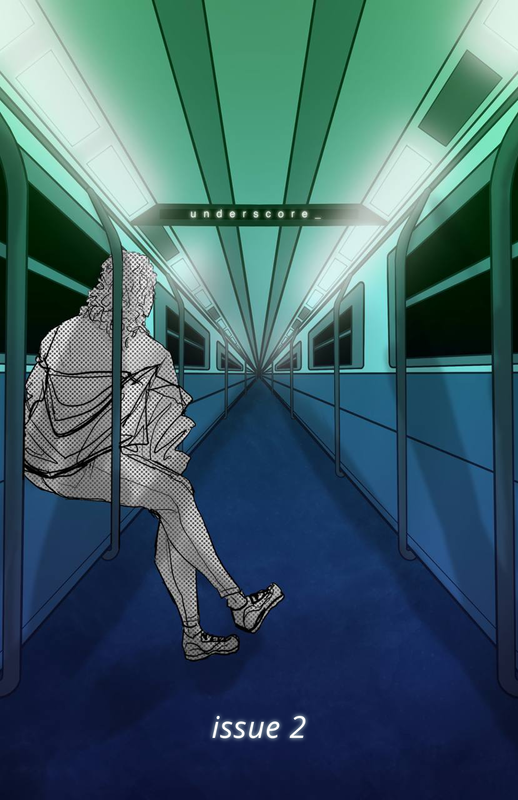
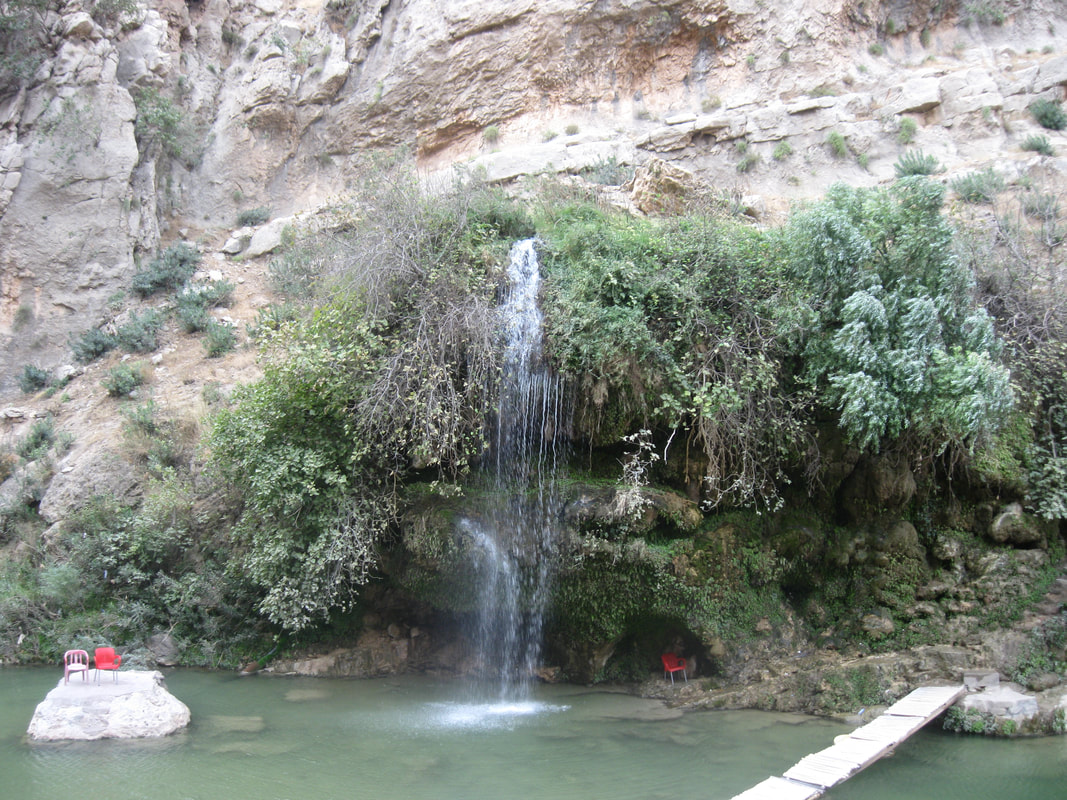
 RSS Feed
RSS Feed
